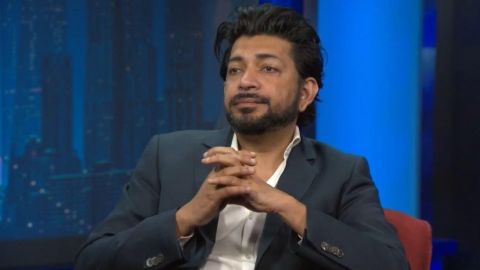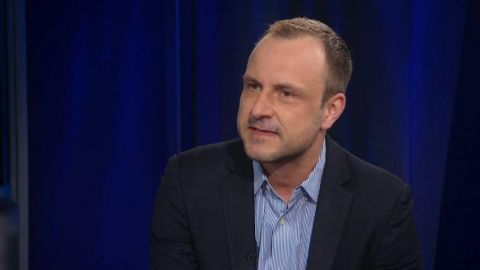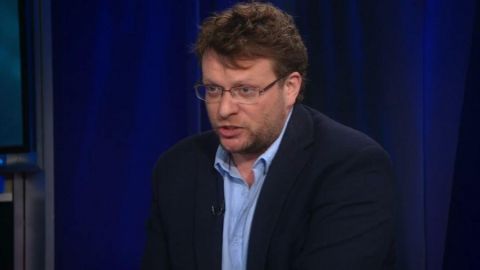Read Transcript EXPAND
CHRISTIANE AMANPOUR: Are we in the midst of inching closer to an accidental war with nuclear weapons?
ERNEST MONIZ, FORMER U.S. ENERGY SECRETARY: Well, we, unfortunately, think that, frankly, the U.S. and Russia, in particular, if you like sleepwalking into a situation of strategic instability which, of course, is what we worked so hard against during the height of the Cold War. There are many issues. You’ve touched on some such as the breakdown of the arms control architecture. Frankly, it looks like after 2021, we may, for the first time, have no constraints whatsoever on our nuclear weapons. We are seeing new technologies that have not been addressed like cyber risks, like the new hypersonic vehicles which could travel a mile a second. We are seeing a lack of discourse between the United States and Russia. Frankly, not taking our responsibilities of having more than 90 percent of the world’s weapons and recognizing this existential threat and therefore, our associate responsibility. We’ve never had such a drop-in dialogue. We can understand the political issues here, of course, Russian interference in the elections, Crimea and Ukraine and other issues, but we cannot have a lack of communication, military to military communication, crisis management that will not allow, hopefully, a miscalculation to escalate into an actual use of a nuclear weapon.
AMANPOUR: So, what do you lay out in your article? I mean, you’ve looked for ways to rein all of this danger and threat that you’ve just outlined, rein it back. What are the — I suppose the pragmatic, immediate steps that need to be taken to reverse this?
MONIZ: Well, for one thing, we say that, and this may sound counterintuitive, but we think that we need to start at home with much stronger dialogue and process building between the United States Congress and the administration. If that happens, it can provide a more political space to get back to the professional discussions among diplomats, among military that provides at least more stability in times of a crisis to prevent escalation. Then, of course, we need to have those discussions between the two sides. We have to stop treaty discussions with Russia as though somehow, it’s a gift as opposed to a responsibility when we have, again, the world’s major arsenal. We need to start getting into discussions. In which there was some promise after the first Trump-Putin summit. But unfortunately, not realized.
About This Episode EXPAND
Christiane Amanpour speaks to Peter Neumann about the changes needed to make the United States safer. Ernest Moniz joins the program to break down the current threat of nuclear welfare, followed by Peter Pomerantsev, who discusses his new book, “This Is Not Propaganda.” Dr. Siddhartha Mukherjee sits down with Walter Isaacson to discuss how gene editing technology could be used to combat cancer.
LEARN MORE



